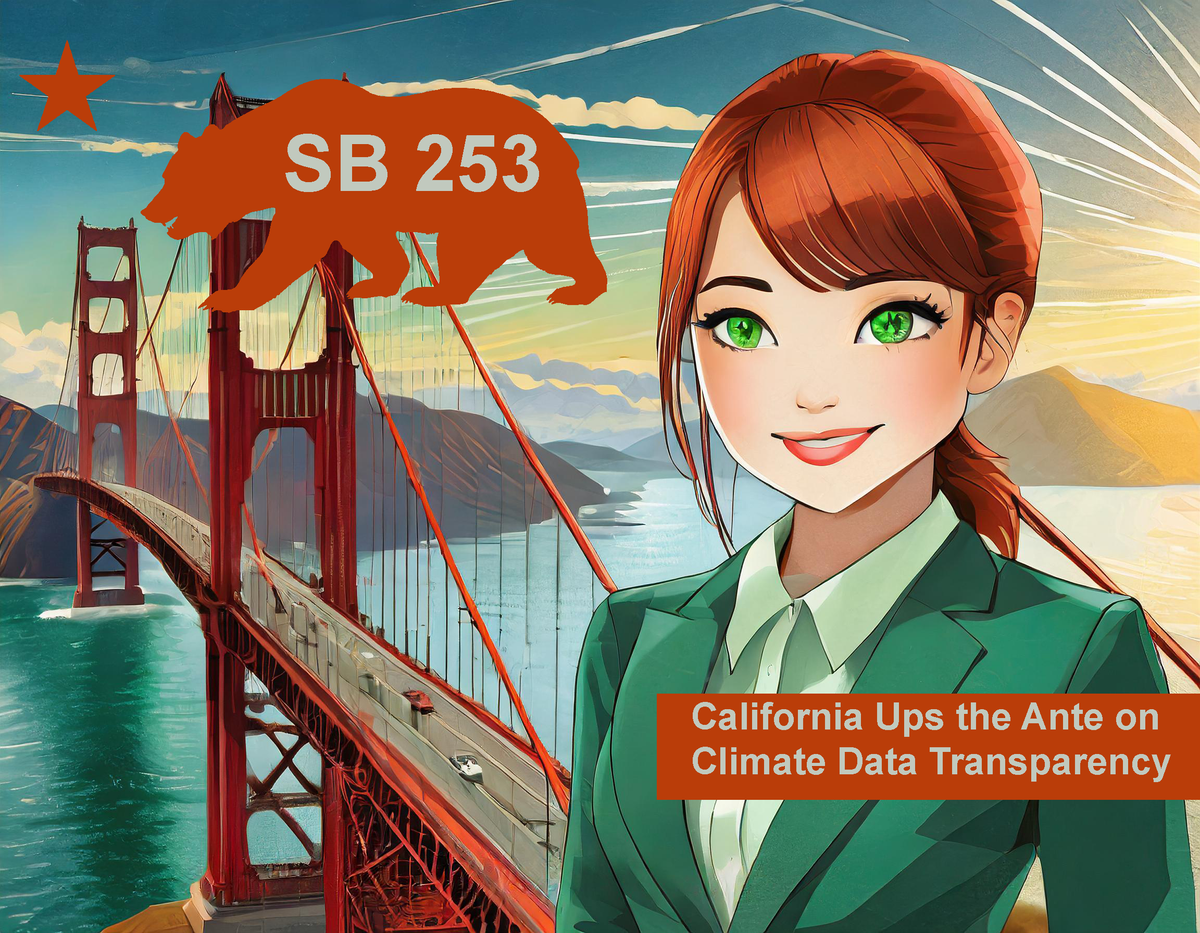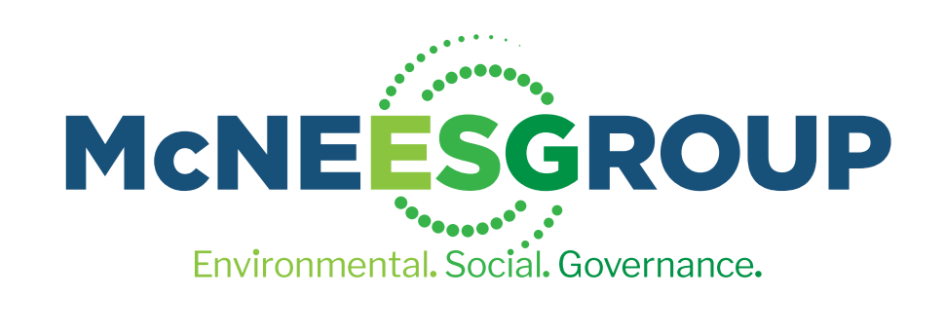California Ups the Ante on Climate Data Transparency
The winds of transparency are blowing stronger, and California's legislation signals climate accountability is only growing. Will it be regulation forcing your hand or proactive positioning giving a strategic advantage?

California legislators recently approved Senate Bill 253, the Climate Corporate Data Accountability Act, ramping up mandatory climate disclosure for publicly traded companies in the state. This landmark bill connects directly to the broader push towards alignment on common sustainability reporting standards globally. Here's what to know:
- SB 253 requires public and private US businesses with revenues greater than $1B doing business in California to report their emissions comprehensively, including scopes 1, 2, and 3, beginning in 2026 (for 2025 data). SB 253 also requires reporting companies to get third-party assurance of their reports.
- SB 261 requires large US businesses with annual revenues over $500M operating in California to bi-annually disclose climate-related financial risks and mitigation strategies to the public.
What SB253 Requires
The legislation mandates that public companies across all industries disclose their greenhouse gas emissions and those of their entire value chains. Furthermore, data must be independently verified through established frameworks like CDP or GRI.
The CDP's GHG verification process includes:
· Providing an initial information request
· Developing a risk analysis, verification plan, and evidence-gathering plan
· Reviewing GHG data and information
· Conducting site visits if required
To get a GRI verification, you can:
· Send an application form to licensedsoftware@globalreporting.org
· GRI will produce a License Agreement, including a quote, timeline, verification process details, and other conditions
Why It Matters
While application starts in the biggest US state economy, precedent suggests we could see regulatory echos elsewhere as stakeholders demand compelling, consistent insights into corporate climate risks and strategies. Europe has pioneered this path with CSRD.
Positively, harmonizing expectations could accelerate emissions transparency, informing greener decision-making by companies, consumers, and investors alike. But expanded disclosure also risks higher compliance costs, especially for smaller firms down supply chains.
Getting Ahead of the Curve
Laggards could find themselves cut off from business partners, so all organizations - public or private - have the incentive to understand regulatory trends and spearhead accurate footprinting. Future-proofing data collection processes now allow intelligent firms to lead.
The winds of transparency are blowing stronger, and California's legislation signals climate accountability is only growing. Will it be regulation forcing your hand or proactive positioning giving a strategic advantage?
#ESG #Sustainability #climatechange #CSRD #disclosure #GRI #CDP
